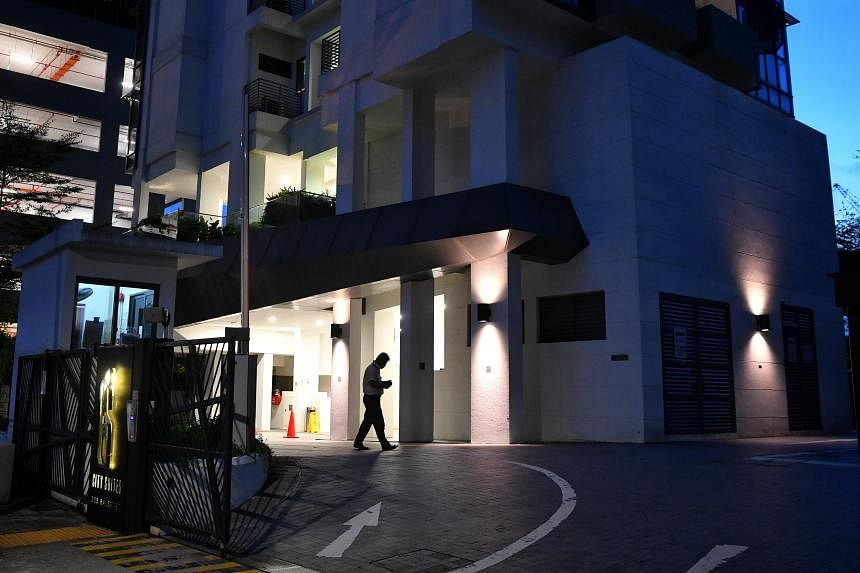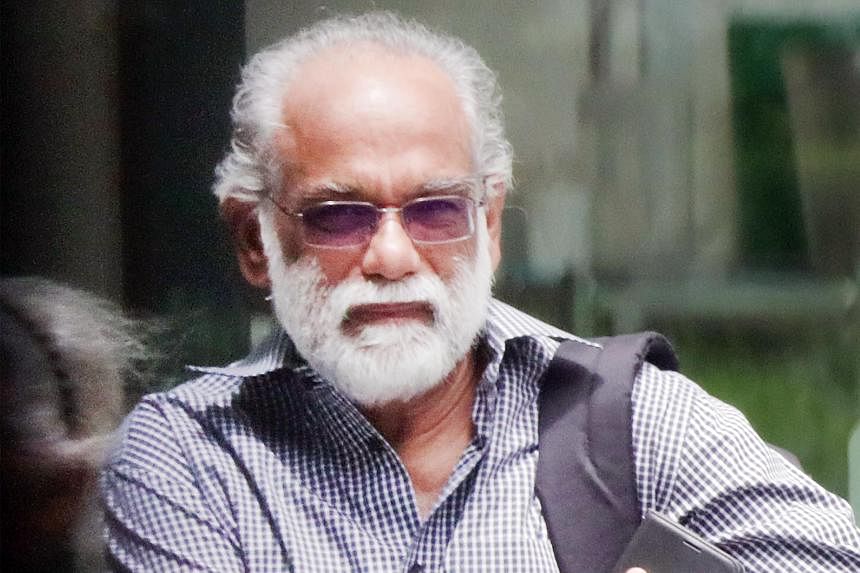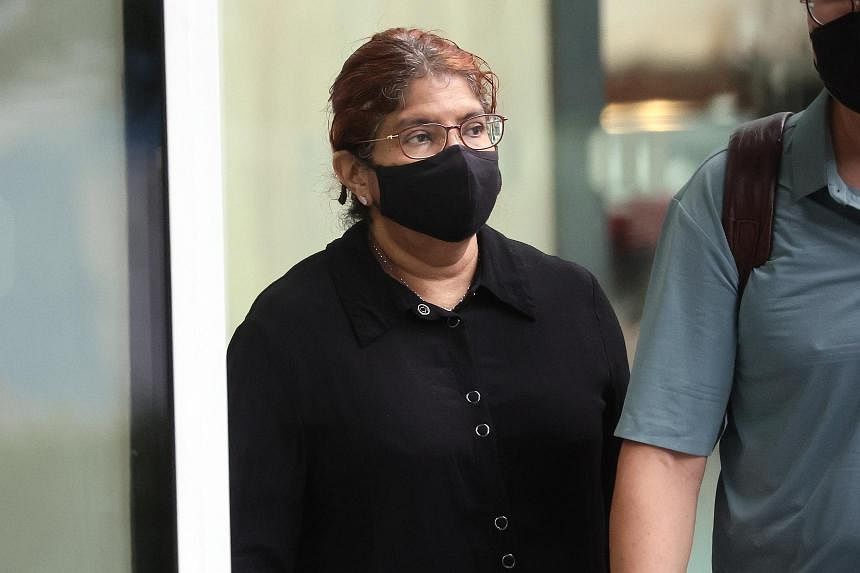Woman orchestrated scheme to wrest control of restaurant from sister-in-law, says judge
The High Court made this finding in dismissing an application to wind up Gokul Vegetarian Restaurant and Cafe. PHOTO: ST FILE
Selina Lum
Senior Law Correspondent
June 2, 2023
SINGAPORE – One of two sisters-in-law who owned a popular vegetarian restaurant in Little India had orchestrated a scheme to make their company insolvent so that she could wrest control of the business from the other woman.
The High Court made this finding in dismissing an application to wind up the company, Gokul Vegetarian Restaurant and Cafe, which is owned by Madam Chandra Maha Lakshmi and her husband’s sister, Madam Rajeswary Sinan.
The application was filed by a creditor who had paid $20,000 to Madam Lakshmi, purportedly in exchange for shares in the company.
In a judgment issued last week, Senior Judge Andrew Ang said it was clear that the winding-up application was not a genuine attempt by the creditor to recover an investment.
Rather, it was motivated by the “collateral and improper purpose” of advancing Madam Lakshmi’s scheme to wrest control of the restaurant from the company and from Madam Rajeswary, he said.
The restaurant was taken over by Gokul-Raas, a company owned by Madam Lakshmi and her husband Rauinderan Sinan, in September 2021.
Gokul Vegetarian was set up in 2003 by Madam Rajeswary and Mr Rauinderan, who were directors and equal shareholders.
Mr Rauinderan later transferred his shares to Madam Lakshmi, who also replaced him as director.
According to Madam Rajeswary, the three initially ran the restaurant in Upper Dickson Road as a “close-knit family business”.
She alleged that from 2017, Madam Lakshmi gained more control over the business.
Madam Rajeswary claimed that when she asked to inspect the accounting and financial records, Madam Lakshmi made counter-accusations against her.
On the other hand, Madam Lakshmi alleged that Madam Rajeswary was “never involved with” the running of the restaurant and would be absent for days and even months at a time.
Madam Lakshmi claimed that her sister-in-law’s allegations of being denied access to the accounts were simply a means of retaliation against a proposal to reduce Madam Rajeswary’s salary.
What was not disputed was that on April 21, 2021, Madam Lakshmi and Mr Rauinderan took steps to remove Madam Rajeswary as a director of Gokul Vegetarian.
Madam Rajeswary challenged her removal and served court papers on Madam Lakshmi on Aug 19, 2021.
The next day, an extraordinary general meeting (EGM) for the company was called.
Meanwhile, on Sept 1, 2021, the restaurant’s landlord, 78 Capital, sent a letter demanding payment of rental arrears amounting to $43,795.12.
At the EGM on Sept 4, 2021, Madam Lakshmi proposed issuing shares to a company called Adcrop, ostensibly to raise funds which Gokul Vegetarian badly needed.
This was opposed by Madam Rajeswary’s proxy.
Despite knowing that no valid resolution was passed, Adcrop’s director Arvind Sharma handed $20,000 to Madam Lakshmi, who used it to pay off part of the arrears. No shares were ever issued.
On Sept 15, 2021, the landlord issued another letter to Gokul Vegetarian, giving notice that it intended to terminate the tenancy over the outstanding unpaid rent. This letter was not copied to either woman.
Two days later, on Sept 17, 2021, Madam Lakshmi signed a fresh tenancy agreement with the landlord on behalf of Gokul-Raas for the same premises.
She then applied to the relevant authorities to change the name of the restaurant to Gokul-Raas.
On Sept 28, 2021, Adcrop served a legal demand on Gokul Vegetarian for repayment of the $20,000. Madam Rajeswary was not notified.
The demand was not met and on Oct 27, 2021, Adcrop filed the winding-up application.
Madam Rajeswary said she found out only when she returned to the restaurant on Dec 2, 2021 – the day after the court reinstated her as a director – that Gokul Vegetarian’s tenancy had been terminated.
Represented by Mr Suang Wijaya, she opposed the winding-up application, arguing that it was part of an elaborate ploy by her sister-in-law.
Justice Ang agreed.
He said it was beyond doubt that Madam Lakshmi wanted Madam Rajeswary out of the picture, whether it was for the good of the business or more self-serving ends.
The judge found it difficult to believe it was purely coincidental that the EGM was called the day after Madam Lakshmi had been served court papers.
Moreover, the $20,000 from Adcrop would not have been enough to fully pay off the arrears.
“Coupled with the remarkable timing of the calling of the EGM, this provides support for the inference that the holding of the EGM and receipt of $20,000 from the plaintiff were not part of a genuine attempt to save Gokul Vegetarian, but rather an ‘insurance policy’ of sorts in case the first attempt to oust Madam Rajeswary failed, as eventually came to pass,” said the judge.
He said Adcrop’s complicity in the scheme meant that its application should be dismissed as an abuse of the court’s process.
Justice Ang stressed that it was not his role to decide the merits of the underlying dispute between the two women.
Even if there was some element of truth to Madam Lakshmi’s allegations that Madam Rajeswary had acted in dereliction of her duties as a director, the law provides her the means by which to seek remedies, he said.



























